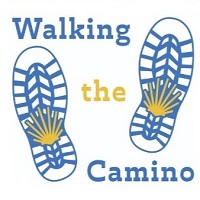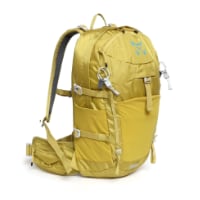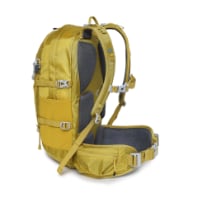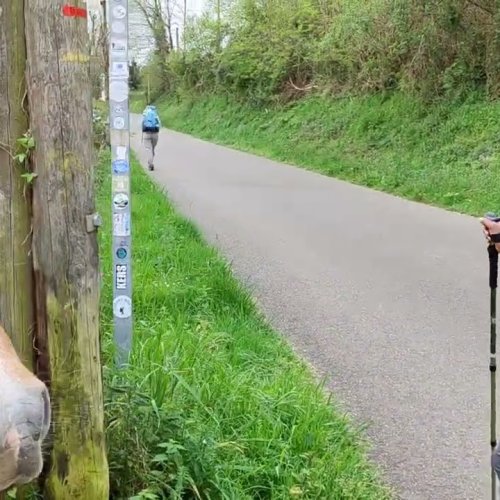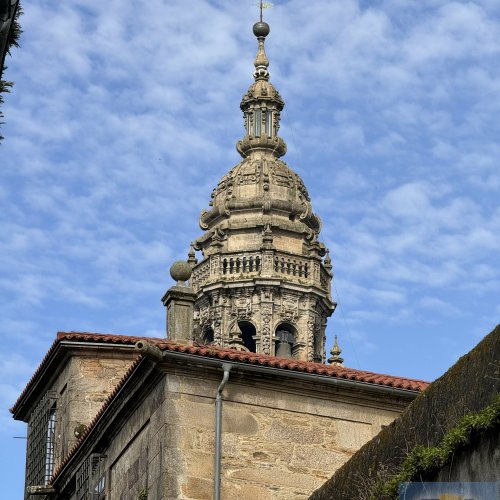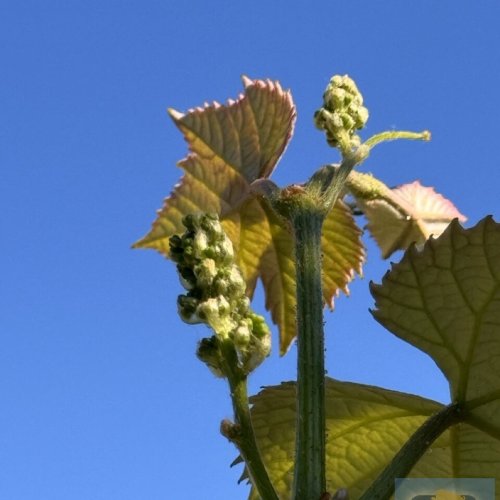Rodney Kent
Member
- Time of past OR future Camino
- Oct 2023
Hola,
Each time I’ve walked a Camino and read posts about gear and clothing, I’ve wondered about the wider costs of walking, not just to me if I buy new gear, but to the environment. This is a question that I find going through my mind more and more. I’m curious if other people reflect on this as they prepare for a Camino and how they find some sort of resolution to this dilemma. I suppose what I’m asking myself and you is “How do you tread as lightly as possible as you walk a Camino?”.
A pilgrimage invites self-reflection and for me that includes about the impact I have by doing this. For example, I live just about as far from Spain as it’s possible to be on a permanent basis. How do I minimise the impact of air travel? Can I?
Also, there’s the constant refrain, keep the weight down. Well, the only ways I can see to do that are to carry fewer things (my choices) and to have lighter weight items. And there arises a serious dilemma for me as lighter weight in general means man-made fabrics and plastics. These two things intersect then, keep down the weight, so should replace what I’ve got with lighter items? What do I do with what I’ve already got? Can I justify my purchase of lighter weight items with the environmental cost of plastics and man-made fibres?
Ultimately, I’ve found some resolution for myself by still flying and considering how I can reduce the environmental cost by things like staying longer. And justifying to myself that at least I’m doing lots of walking as transport. I also made the decision that I would not replace items for lighter weight one unless what I already had had worn out. I also consider natural fibres as much as I can, however the final decision had to be that the item suited my needs, not just what it was made from.
I’m curious about what other people reflect on in order to ‘tread lightly’ as they walk.
Each time I’ve walked a Camino and read posts about gear and clothing, I’ve wondered about the wider costs of walking, not just to me if I buy new gear, but to the environment. This is a question that I find going through my mind more and more. I’m curious if other people reflect on this as they prepare for a Camino and how they find some sort of resolution to this dilemma. I suppose what I’m asking myself and you is “How do you tread as lightly as possible as you walk a Camino?”.
A pilgrimage invites self-reflection and for me that includes about the impact I have by doing this. For example, I live just about as far from Spain as it’s possible to be on a permanent basis. How do I minimise the impact of air travel? Can I?
Also, there’s the constant refrain, keep the weight down. Well, the only ways I can see to do that are to carry fewer things (my choices) and to have lighter weight items. And there arises a serious dilemma for me as lighter weight in general means man-made fabrics and plastics. These two things intersect then, keep down the weight, so should replace what I’ve got with lighter items? What do I do with what I’ve already got? Can I justify my purchase of lighter weight items with the environmental cost of plastics and man-made fibres?
Ultimately, I’ve found some resolution for myself by still flying and considering how I can reduce the environmental cost by things like staying longer. And justifying to myself that at least I’m doing lots of walking as transport. I also made the decision that I would not replace items for lighter weight one unless what I already had had worn out. I also consider natural fibres as much as I can, however the final decision had to be that the item suited my needs, not just what it was made from.
I’m curious about what other people reflect on in order to ‘tread lightly’ as they walk.


